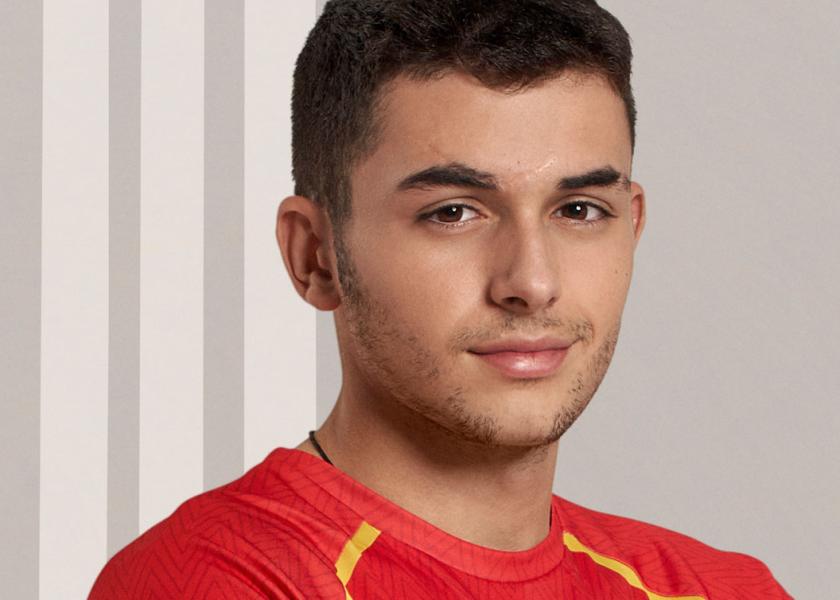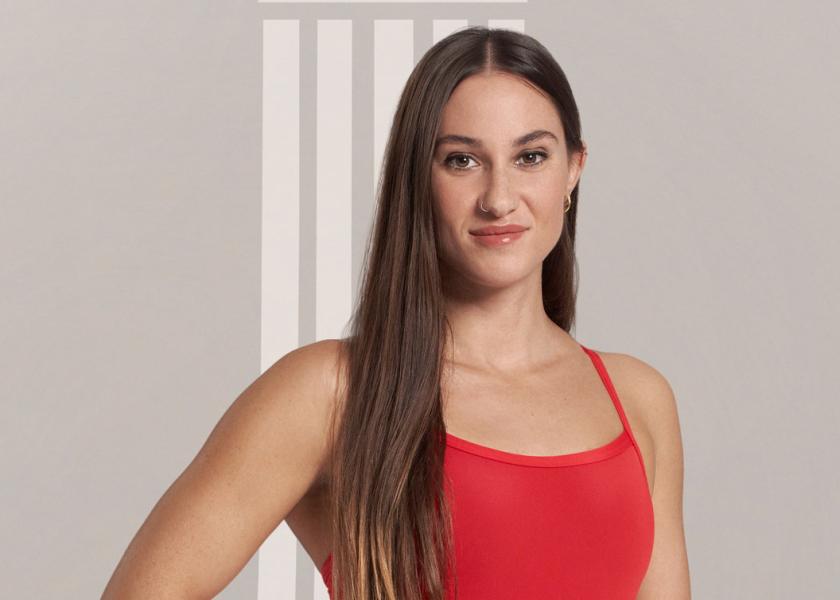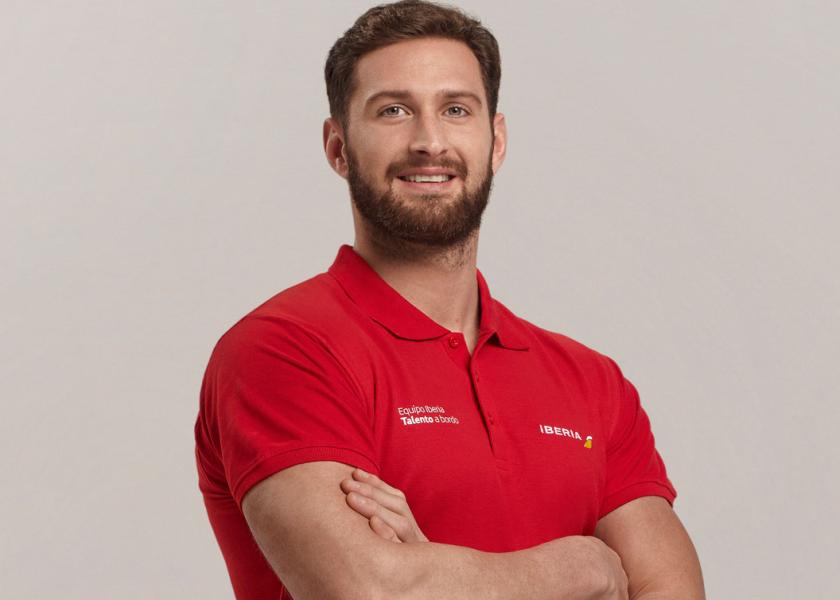Rodrigo Conde
Come hell or high water
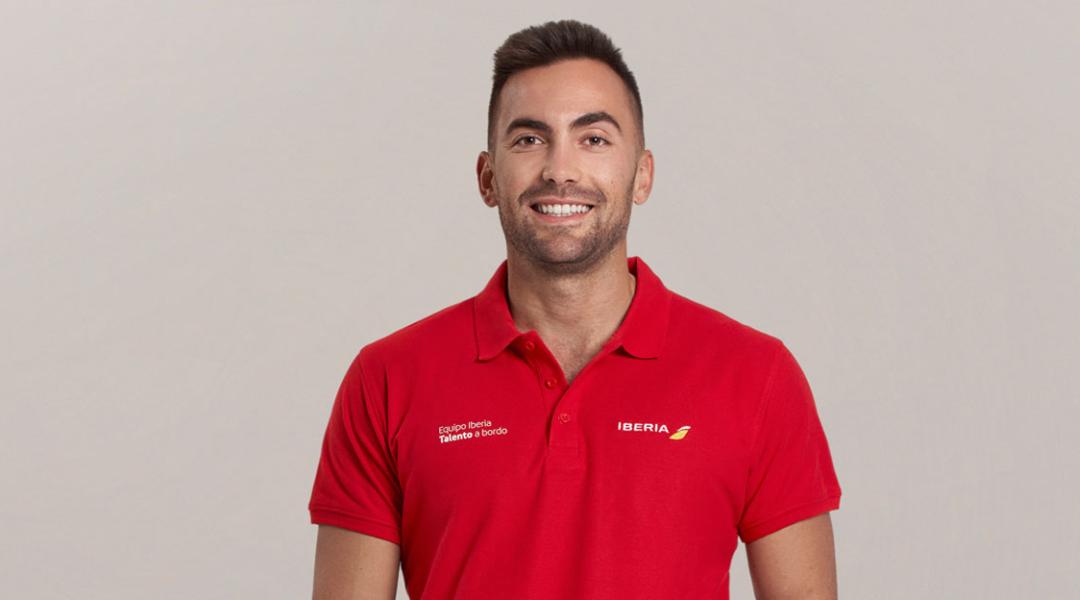
When Rodrigo Conde gave up on the Games, it changed his life. And despite it being a risky decision, it turned out for the best. Now, after leaving behind the lightweight category, which forced him to take his body to the limit, he dreams of stepping on the podium in Paris next to Aleix García, his rowing partner. Despite coming fifth at the recent World Rowing Championships in Belgrade, this rower exudes confidence: “I know we can do it.”
What pushes an athlete to give up on his biggest dream: taking part in the Games? Rodrigo Conde (Moaña, 1997) can answer this question because on the 26th of February of 2021, he announced he wouldn’t go to Tokyo despite qualifying. “The stress and anxiety were unbearable,” he assured us in a video published on social media. The decision was a tough one, but today he still declares that it was “the best I’ve taken in my life.” Time was on his side: alongside his partner Aleix García, he won silver in double sculls at the 2022 World Rowing Championships. This summer, at the World Championships in Belgrade, the pair had to settle for fifth place, but their goal in Paris, this rower assures us, remains the same: a medal. He chats to us from Seville, a city he moved to as a kid —“being far away from the sea was horrible” he remembers— and which, over time, has turned into his second home.
Looking back, how did rowing come into your life?
I’ve always been antsy, and I played many sports: football, tennis, basketball... Until one day, a school friend, Lois —whom I’ll always be grateful to—, suggested going rowing. I didn’t even know what it was. From the first day, I was hooked, our coaches were brilliant because they turned it into a game, and we used to have great fun. I was eight. I made friends and I soon started to feel the competition itch.
And did that kid from Moaña ever imagine that he’d become one of the best rowers in Spain?
No, but I won my first juvenile Galician championship. Years later, after winning the Spanish quad, our coach took us to the Real Club Náutico in Vigo to try the sliding seat [the boat has a seat with wheels that allow rowers to use their legs for thrust]. The coach there, who’d led the national rowing team, saw me, and said: “You have to do whatever you can to combine fixed seat and sliding seat rowing.” That was a revelation for me. My parents spoke to him and that’s how I started training sliding seat rowing too. Finally, I had to take the difficult decision of leaving my lifelong club to focus wholeheartedly on sliding seat rowing. The first year I competed in double sculls we won the Spanish Championship and that’s how I’ve made a place for myself on the national team.
“Our idea is to win a medal in Paris. I’m both optimistic and realistic, I know we can do it”
Would you say that talent is what has made you get this far?
I don’t believe it’s only down to talent. Many tell me I’m pure talent and it almost makes my blood boil because, at the beginning, I didn’t stand out at all. I started to excel when I started competing against my teammates, I’d train harder and longer than they did because I’ve always been a sore loser, even at marbles. I started to push myself, and that made an enormous difference physically and mentally.
Speaking of talent, what does it mean to you?
For me, talent is the result of hard work overtime. It’s true that, no matter how hard I trained, I’d never be able to run 100 metres in under ten seconds. Some people are genetically predisposed towards certain sports, but, even so, it’s the work you put in year after year that taps into talent. And you fall in love with the process, which makes you want to give your all every day.
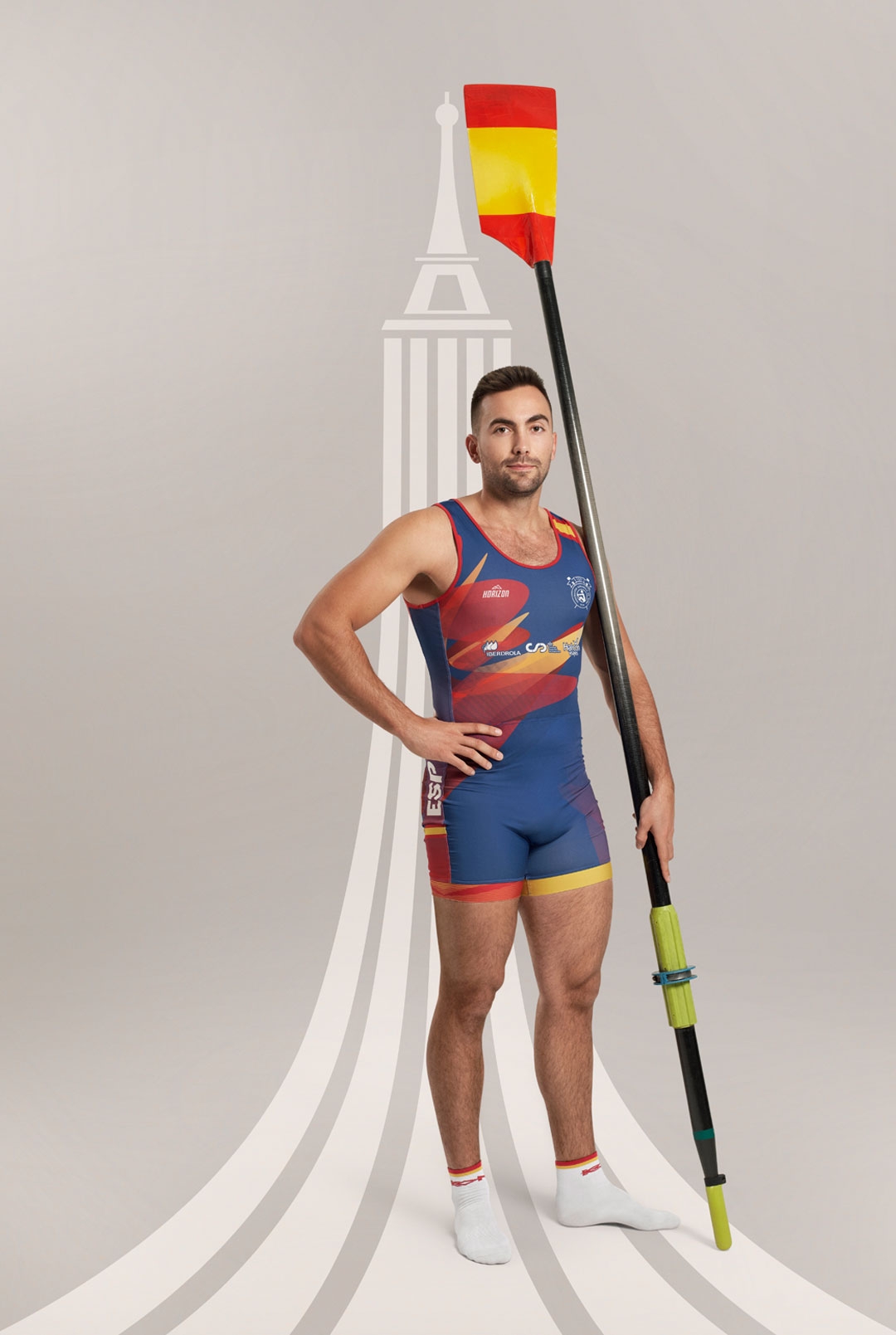
Rodrigo Conde hopes to win a medal at the Paris Games alongside his rowing partner Aleix García.
At the recent World Championships in Belgrade, you and Aleix qualified for the Paris Games. With one year to go, which are your expectations?
For this World Championship, despite injuries in recent months, our goal was to win the silver again like last year, but the competition puts you in your place. There’s a Dutch team that are above the rest, but the silver and bronze are within reach, and it’s a gap we can close. In the end, we’re not feeling 100% and we’re not sure why, the race felt a bit long. We need to analyse these issues and improve for the Games, but our idea is to win a medal in Paris. I’m both optimistic and realistic, I know we can do it.
You always highlight the great relationship you have with Aleix. How important is that connection?
For me, it represents 50%, the other 50% is hard work. In a boat like the double scull, that connection is super important because we have to work really well together, almost become one. At the final in Belgrade, for example, we didn’t achieve that connection and it cost us in the last kilometre. My relationship with Aleix is also really great on dry land, in fact, we’re going on holiday together soon to Mexico.
“I think many athletes give up along the way because they don’t know how to manage all the emotions that come with high-performance sports”
In 2021, you gave up your spot at the Tokyo Games; was that the hardest decision in your life?
Yes, without a doubt. In 2020, we were in a great place —the boat was flying, and our weight was really under control— but then the pandemic came, and we were cooped up at home, where we continued training like animals. During that time, my uncle and grandmother passed away and I couldn’t be with them because I was in Catalonia getting ready for the Games. When we were told that they’d be delayed by a year, it was a huge blow and it made me reconsider lots of things. It was going to be my last year in the lightweight category, but this forced me to postpone that decision; also, the federation got really strict about weight. It was a series of adverse circumstances and there came a point where I said: “I can’t carry on. I’m done.” One day the results of some tests came back and were 7% fat, and I was still nine kilos above the competition weight. I wasn’t enjoying myself anymore and that pushed me to take the decision.
Paradoxically, giving up your spot was liberating for you. In hindsight, do you feel like it was the right decision?
When I published the video on social media announcing my decision to not go to Tokyo, it took a weight off my shoulders; the anxiety that I felt in my chest disappeared. After that, I started enjoying rowing again. Not going pains me, of course, but I don’t regret it. What I’d have had to do to get there —sweat, become dehydrated, not eat, not drink— wasn’t worth it. It was a tough decision, but it has also been the best I’ve taken in my life. Also, it has allowed me to be where I am now. During our first year in our new category, we won silver at the World Championships, which was unexpected.
The stress to meet the weight requirement took you to your limit physically, but also psychologically. How important is mental health in sports?
Mental health in sports is everything because, if it fails you, it’s impossible to reach the level required to be the best. I think many athletes give up along the way because they don’t know how to manage all the emotions that come with high-performance sports. Your mind is often much more important than your physical condition. Some days you get out of bed physically exhausted, and it’s your mind that pushes you to carry on, to train and give your all.
